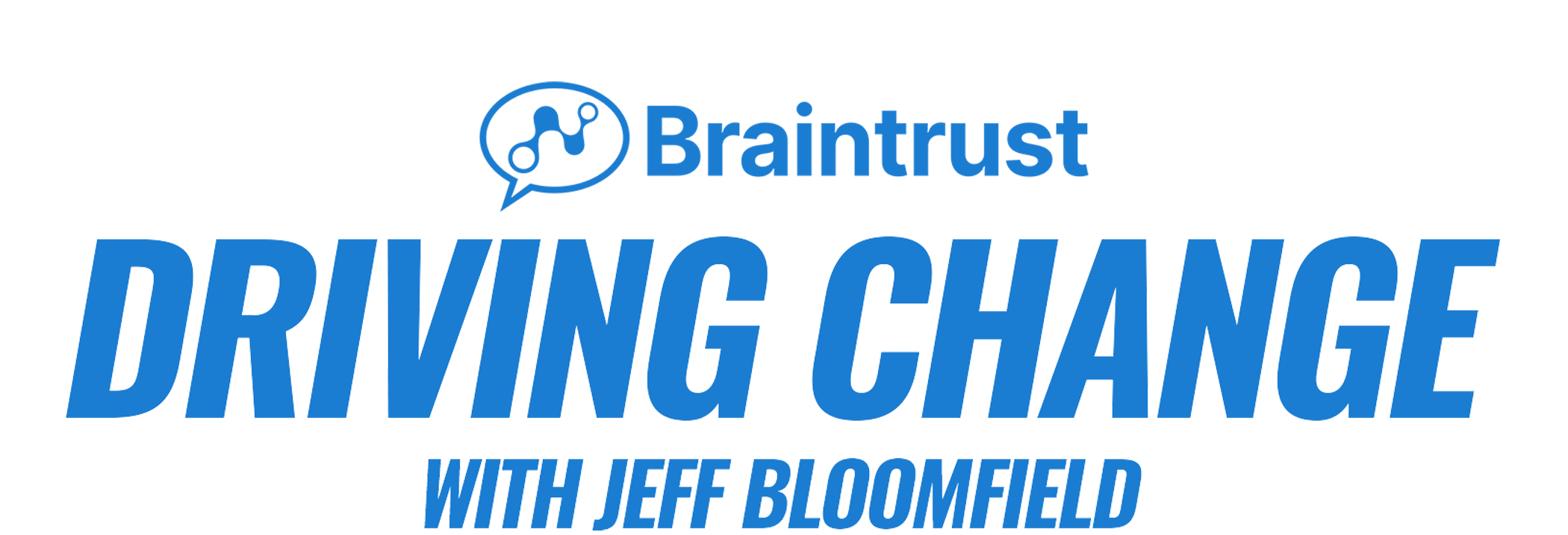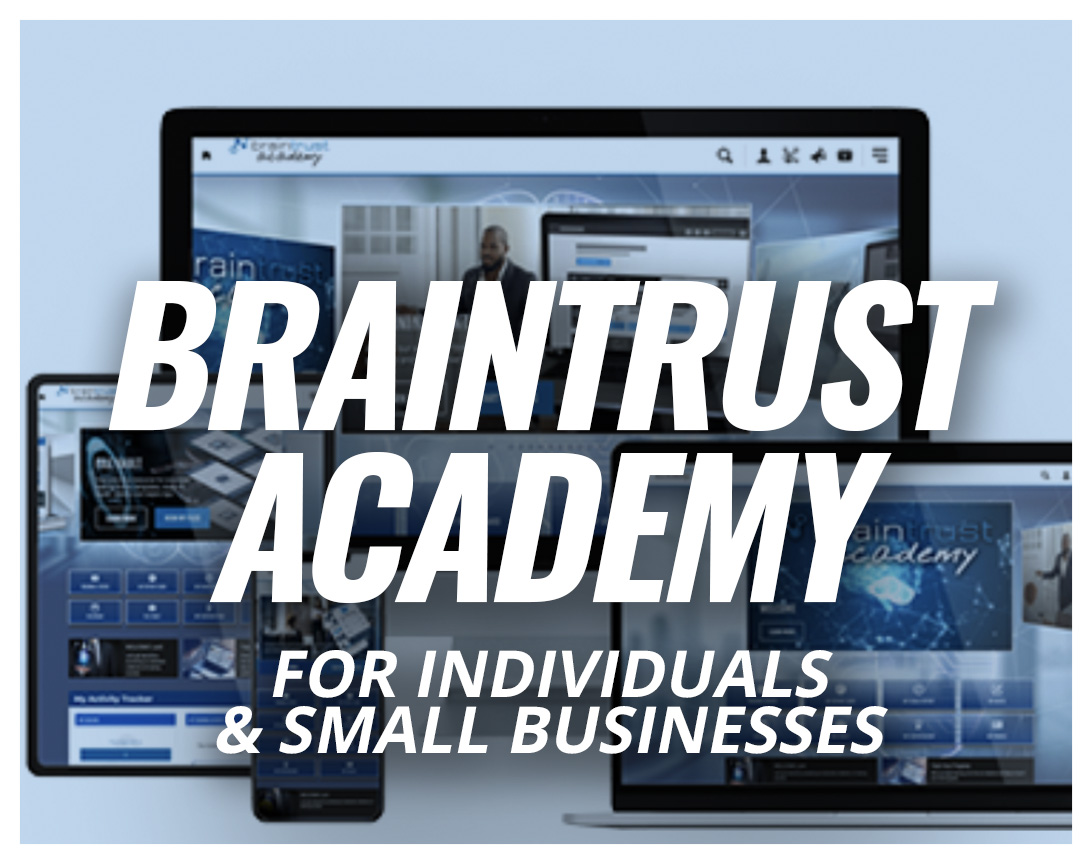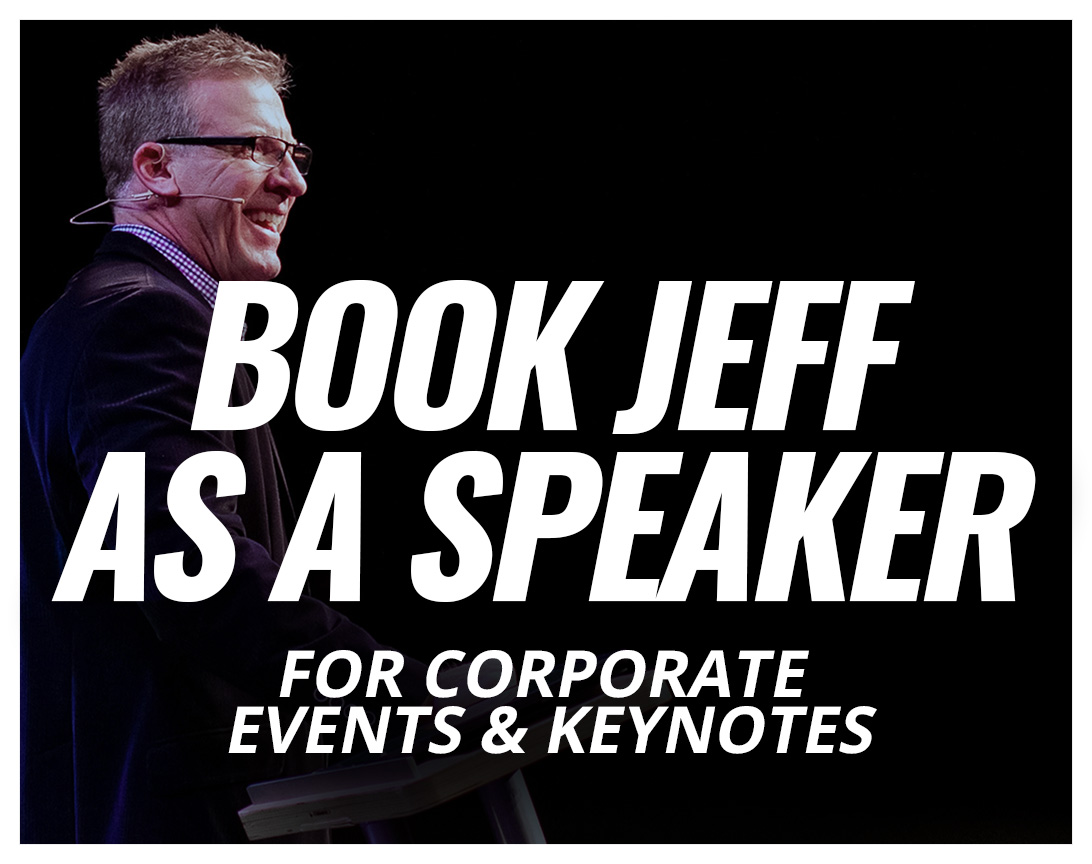Why Your Hiring Strategy Might Be Failing
Written by Chet Tetta
6 Min Read
Regardless of the business, leaders are continually challenged by hiring the best talent to increase a company’s efficiency, productivity, and results.
For me, this meant spending years collaborating with numerous commercial leaders identifying the critical capabilities necessary for a new hire to partner with healthcare providers. During this time, we built and rebuilt job descriptions of “must haves,” like talents, preferred skills, and previous experiences.
In addition to those, however, several capabilities we honed in on probably sound familiar:
- driving results
- strategic thinking
- problem-solving
- entrepreneurial spirit
- utilization of big data
- clinical acumen
- persuasiveness
- teamwork & collaboration
Once that list gained approval, the leaders throughout the organization partnered with Human Resources to develop a core set of interview questions while establishing a scorecard that provided the candidate a grade or numeric evaluation based on the strength of their responses. The purpose was to determine if there was in fact, a “fit” for the candidates.
Even after putting all this together and feeling strong about our process, a lingering question remained. How could we truly know if the individuals we hired would go on to win sales awards or flame out? Here is what I learned. We couldn’t, and the reason why didn’t become clear until years later.
Looking back, what has become glaringly obvious is that we didn’t focus on what we know today to be the one core capability that separates the great from the good. This capability is in fact the ability to communicate effectively. Let me explain.
I’ve had the opportunity to review several resources on how to build successful interviewing strategies, and up until now, I never found a single one that presented a clear methodology on how to intentionally evaluate effective communication that results in solving the above list.
That isn’t to say I didn’t find several opinions on how to evaluate effective communication, with many explaining that an effective communicator needs to be clear, correct, complete, concise, and compassionate. Other references included an effective communicator is engaged, considerate, and listens to the other person; taking the time to ask questions and respond accordingly. When they speak, they are clear, confident, and gracious in their interactions.
So, these programs did an excellent job of explaining the “What” but gave little to no assistance in teaching the “How.” How do we know they are speaking clearly? How do we know their customer interaction will lead to that individual doing something different? How do we know they can be successful?
Here is a challenge I pose to you. Review the strategy you deployed on the last group of candidates you interviewed. Did you have a specific methodology to evaluate a candidate’s ability to communicate effectively beyond providing an answer that you liked, earning an A grade, or earning a 5 out of 5 on the scorecard?
The true question that you need to answer is – How effective will they be in front of a customer? Can they:
- build trust
- solve the real problems of the customer
- get the customer to do something different
At Braintrust we believe and our clients agree that effective communication is the #1 determining success factor in any organization. We leverage how the brain processes information and how that knowledge leads to one’s ability to communicate with higher purpose and impact thereby driving higher organizational performance. If you want to stop guessing if a new hire will be successful and create an intentional communication methodology for them, visit www.braintrustgrowth.com/contact, and let’s have a conversation.




